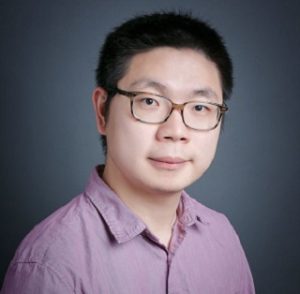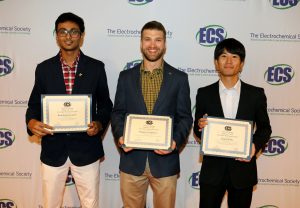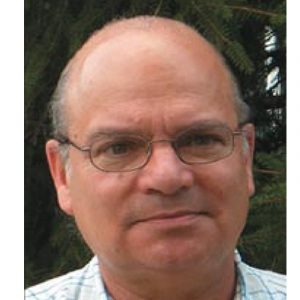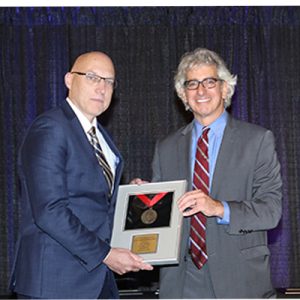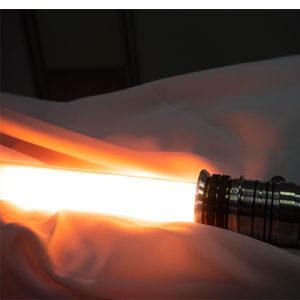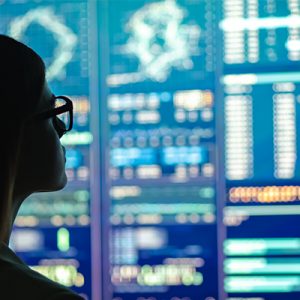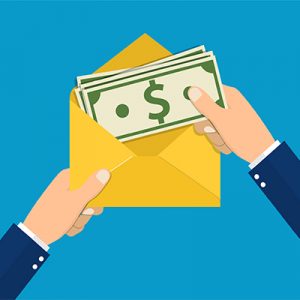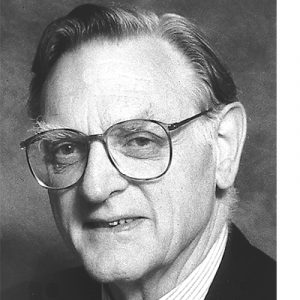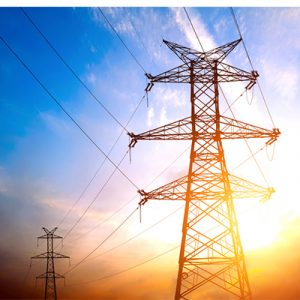 Students around the world are excited to belong to The Electrochemistry Society (ECS)’s global community. The ECS student chapter program continues to add new chapters. At the recent 236th ECS Meeting, the Individual Membership Committee and Board of Directors approved the chartering of six more student chapters. They are Clarkson University (US), University of Pennsylvania (US), University of Waterloo (Canada), Yokohama National University (Japan), Swiss Student Chapter (Switzerland), and Czechoslovak Student Chapter (Czech and Slovak Republics).
Students around the world are excited to belong to The Electrochemistry Society (ECS)’s global community. The ECS student chapter program continues to add new chapters. At the recent 236th ECS Meeting, the Individual Membership Committee and Board of Directors approved the chartering of six more student chapters. They are Clarkson University (US), University of Pennsylvania (US), University of Waterloo (Canada), Yokohama National University (Japan), Swiss Student Chapter (Switzerland), and Czechoslovak Student Chapter (Czech and Slovak Republics).
Congratulations to our newest student chapters! ECS now supports 93 student chapters. (more…)


